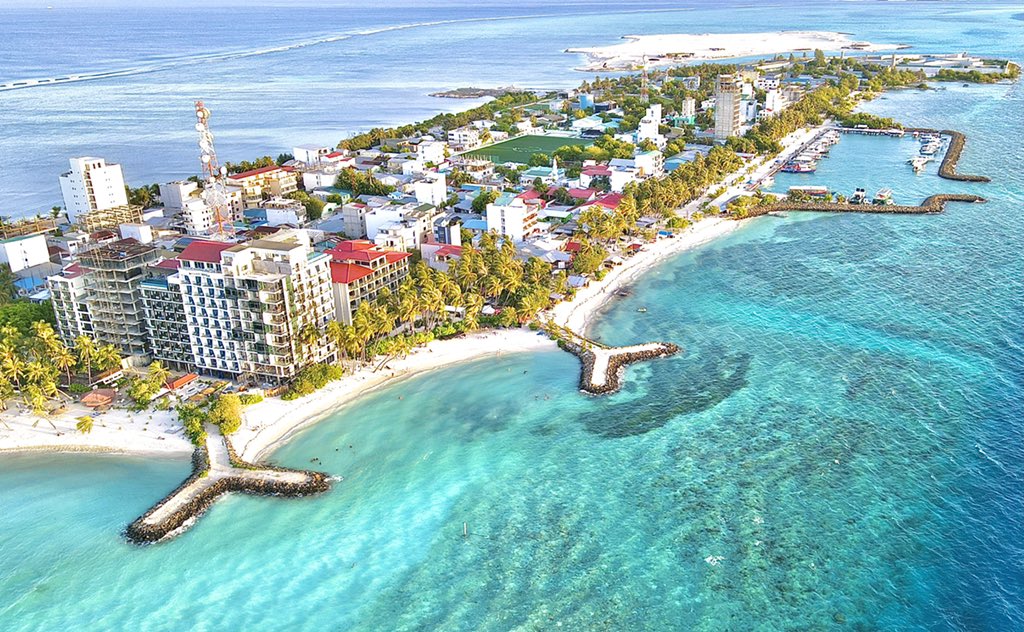The Asian Development Bank (ADB) signed a $41 million financing package with the Bank of Maldives (BML) on Tuesday to support locally owned small and medium-sized enterprises (SMEs) and tourism
As the sole mandated lead arranger and bookrunner, ADB has arranged, structured, and syndicated the entire financing package, comprising a loan of up to $13 million from ADB’s ordinary capital resources, a parallel loan of up to $13 million from the Japan International Cooperation Agency, and a parallel loan of up to $5 million from the Development Bank of Austria.
To improve development impact and to address bankability issues relating to blue economy transactions in Maldives, ADB blended the project’s debt financing with a concessional loan of up to $9 million from the Canadian Climate Fund for the Private Sector in Asia II (CFPS II) and a grant of up to $1 million from ADB’s Asian Development Fund (ADF) – Private Sector Window (ADB-PSW).
“The blue economy is crucial to future prosperity in Maldives, as its people and economy are intrinsically linked to the health and wealth of the ocean, coral reefs, beaches, and marine life. However, investments in the blue economy including by SMEs and through climate adaptation projects have been lacking,” said ADB Director General for Private Sector Operations Suzanne Gaboury. “This partnership with BML will deliver much-needed financing to the tourism sector and support climate projects and locally owned SMEs, including those owned and run by women.”
At least 60% of the loan package will be earmarked for lending to SMEs and 5% allocated to women-owned or led firms. The CFPS II loan and PSW grant will support BML’s capacity to support and promote climate change mitigation and adaptation projects focused on the blue economy.
Maldives is highly vulnerable to natural hazards and extreme climate events due to its fragile ecological profile and low elevation. Moreover, Maldives lacks domestic conventional energy resources and is dependent on imported fossil fuels. Financing from ADB-administered funds will help improve the resilience and sustainability of the economy, especially the tourism sector.
“We are pleased to partner with ADB in this project that focuses on blue economy lending. We will continue to enhance our focus on supporting sustainable tourism and economic recovery in the country while helping to mitigate the impacts of climate change,” said BML Chief Executive Officer and Managing Director Karl Stumke.
CFPS II is an ADB-managed concessional fund, established with contributions of $149.5 million from Global Affairs Canada. The fund is designed to support greater private sector participation in climate change mitigation and adaptation in low and lower middle-income countries and upper middle-income small island developing states in Asia and the Pacific. The fund also seeks to promote gender equality and the empowerment of women and girls.
ADB-PSW is a facility approved by the donors of ADB’s ADF in 2020 that supports private sector development in frontier markets by offering grant resources to fund financial products that address and reduce common financing constraints that hinder many private sector transactions. The ADF provides grants to ADB’s poorest and most vulnerable developing member countries.
Source: ADB





